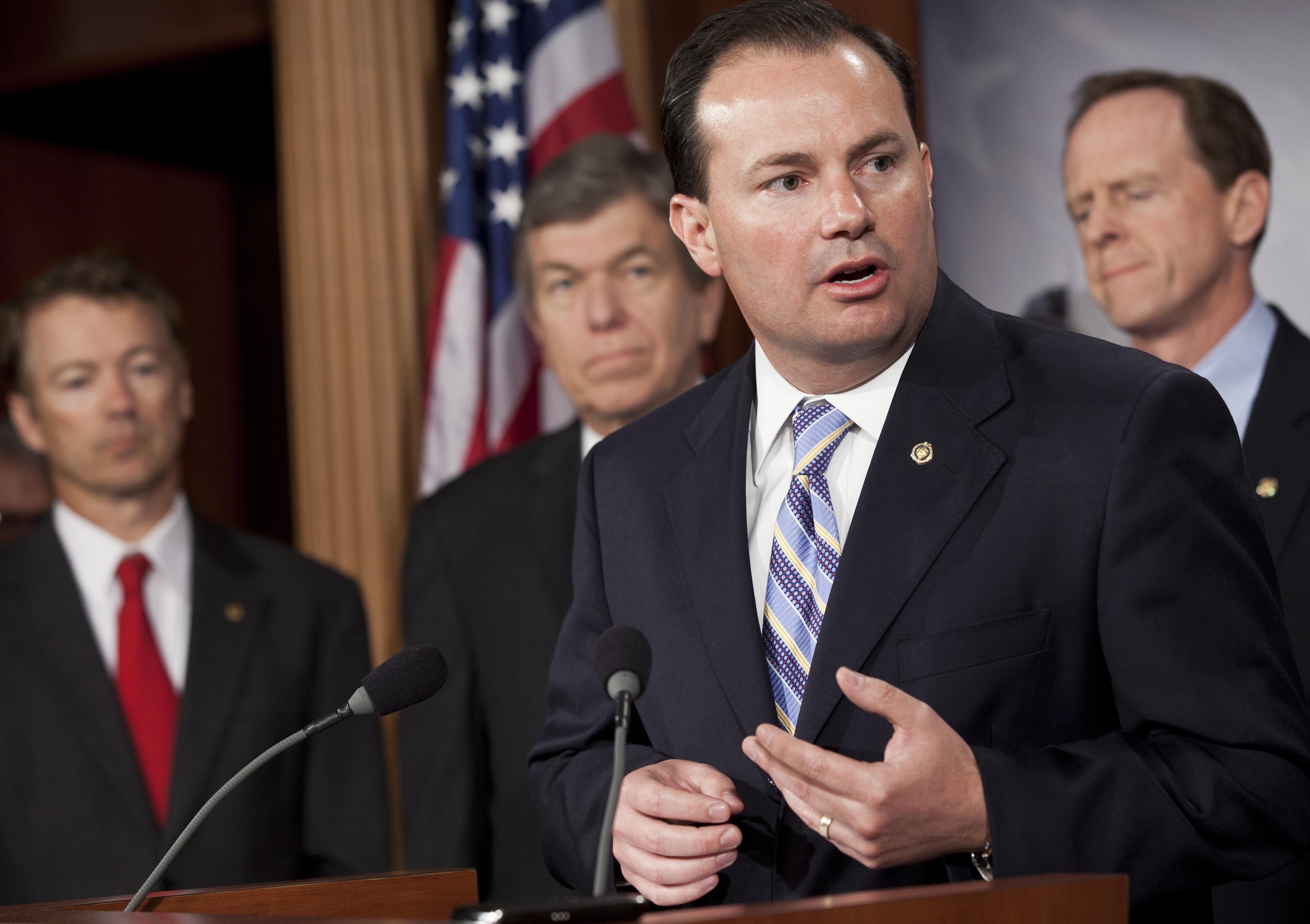The Tax Policy Center took a look at Senator Mike Lee’s tax reform proposal and finds they can’t really score it without more details. I hope Senator Lee works with them on this for two reasons.
One is that as I wrote yesterday, I don’t think Lee’s math adds up. But the other is that the broad contours of Lee’s proposal makes sense. There’s no reason the tax code should subsidize the purchase of unusually expensive homes, and there is good reason that the tax code should be friendlier to families with children. Lee’s “official” reason for this is that conservatives have long favored a tax preference for capital formation (i.e., low dividend and capital gains tax rates) and we should see parenting as a kind of human capital formation also worthy of subsidy. Thus in Lee’s view the current tax code penalizes parents in some kind of unfair way.
That’s a cute argument, but I don’t think it really adds up.
The real reason for this is pretty simple. It’s good to transfer resources from a family earning $20 million a year to a family earning $20,000 a year because the family earning $20,000 a year needs the money more. By the same token, if you transfer resources from a single guy earning $70,000 a year to a two-parent, three-child family earning $70,000 a year you’re giving money to people who need the money more. In fact, household size and age issues often end up confounding simplistic efforts to describe the class structure of the United States. A 22 year-old fresh out of college making $50,000 is much more affluent than a 44 year-old father of two who earns $35,000 a year and whose wife adds $15,000 more working part-time. Saying that both households make about the median income obscures enormous real world differences.
At any rate, Lee isn’t going to describe the merits of his vision in these terms because I started out by explicitly talking about the virtues of income redistribution. He needs some other reason. But recognizing that the marginal value of a dollar for a middle class family with kids is higher than for a same-income family with no kids is a perfectly good reason to me.
